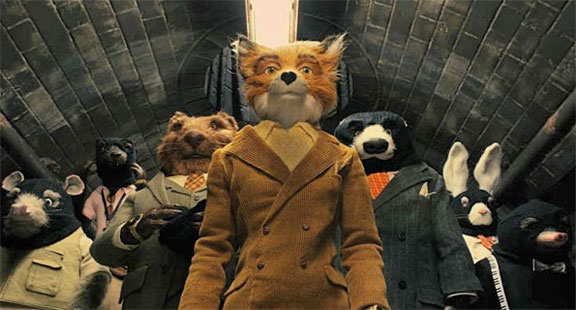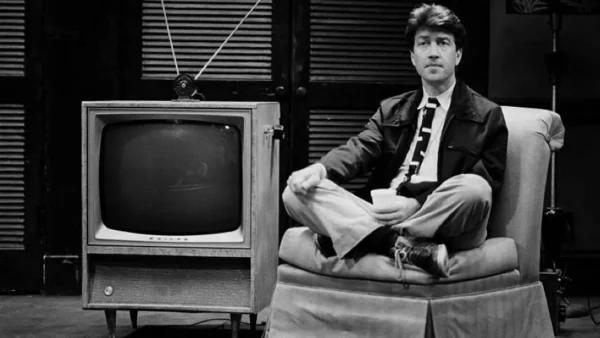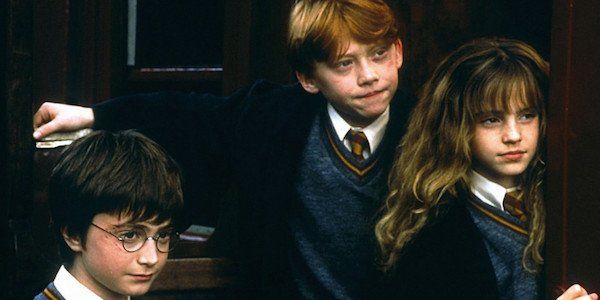“Fantastic Mr. Fox”: Success in survival

Mr. Fox plans an escape/rescue mission with the other animals (image from original film by Wes Anderson)
Humans have a lot of ways to prove themselves as humans. However, all of the ways are very intangible. They all depend on how we act upon ourselves, whether in our mannerisms, our thoughts, our feelings, etc.
Wes Anderson presents a bizarre filmmaking style that represents the bliss of oddness in everyday human life and the general human condition, especially with his arguable magnum opus, “Fantastic Mr. Fox”.
This movie shall be briefly summarized, before diving into the deeper themes of success vs. survival. This review will also be very spoiler intensive, so I highly recommend you watch this movie first.
The movie is proudly adapted from the Rhoald Dahl book of the same name, into a stop motion animated film. It follows anthropomorphic creatures that live in a lovely orange valley, all with human jobs and clothes, obscured by whimsical elements of animalistic and wild nature.
The focus of the film is Mr. Fox, played by George Clooney, a fox who has domesticated himself as a newspaperman at the request of his wife, Mrs. Fox, played by Meryl Streep.
The life before he became entangled with marriage and work was that of a livestock poacher, stealing from human farms and barns. This is explained as a natural line of work for foxes, a life admittedly on the edge, with a disregard for other compatriots who may pride themselves on humbler lives. But not Mr. Fox.
Soon enough, he drops the house husband act and goes on one last job (in three parts) to satiate his instincts. He robs the three men known as Borris, Bunce, and Bean, who have become scary folktales for the animals of the valley.
This prideful motive leads the valley to be completely turned on its head as the animals are forced underground, with the three men and their workforces ruthlessly hunting down the fox who stole their chicken, duck, and cider.
Ultimately, I feel as though Mr. Fox’s case is tragic, as he faces existentialism concerning his pride as a fox and protecting his family and friends.
To set the stage, I want to introduce the world that all this takes place in, by describing the relationship between the heroes and villains of this story; the animals and the humans.
The most blatant way the film presents them isn’t even in their actions or dialogue. Oftentimes, the animal’s valley follows shades of orange seeing as it’s everywhere – all the way down to the clothes.
However, the humans are often shown with bleak grays and whites. This is when the importance of these colors are found within the themes, and the divide between the two.
Kimber VanRy, a man with a keen eye for details within movies, has thoughts on this: “Well, it’s adversarial. While the humans may have all the power – all the guns and the machinery, the factories and the farms – they seem to be miserable.”
And yet at the same time, contrasting this completely: “The animals seem to take joy in the simpler lives that they have, while in conflict with the humans,” Kimber adds.
This serves to represent the meaning behind the color palettes that each group has. The grays exemplify the miserable nature of the human’s success, and the oranges prove a humbled pride that each animal has over their lives in comparison to the humans.
He also feels the same way on why Wes Anderson chose to make this film in stop motion, something new for him at the time: “I think the animation makes it kind of like a fairytale. I think all of Wes Anderson’s movies have fairytale qualities, but with the talking animals, it just makes it feel like a fable or fairytale.”
There are obvious choices in all of the cinematography of this movie, something that Anderson hardly ever lets slip.
On the topic of each of the groups, each group within them all have obvious similarities with a lot of Wes Anderson’s tropes, albeit tropes of quality.
Kimber continues, “I think like other Wes Anderson movies, he likes characters with oddities and idiosyncrasies. He also likes movies about people who come together who either are families to begin with, or create their own concepts of family, either in Rushmore, or The Royal Tenenbaums, or Life Aquatic.”
In this movie, there are lots of different animals, each with their own skills and backgrounds. There are scenes dedicated to pointing this out, arguably in each scene there’s an animal on screen.
With this focus on their proven skills and nature, the climax of all of the animals coming together to fight the humans is all the more sweet.
Kimber elaborates on this thought: “It’s all about groups of people coming together in some sort of common mission as something different, but something that still feels like a family.”
In this form of community, themes that are shared in this story are evidently present: “I think Fantastic Mr. Fox themes are about finding joy in life, and finding it your own way,” Kimber points out.
This brings me to what I mainly wanted to talk about, and what I thought this movie was about. Throughout the movie, I find reasons for why the animals are walking on two legs and speaking English, wearing clothes and cooking up food – human actions that we wouldn’t associate with animals most of the time.
I found that CinemaWins’ video encapsulates my thoughts exactly: “The modernization of man, or in this case the domestication of beasts. I love that the second they have food it’s back to suits, toasts, and first world problems.”
In this revelry that animals have over their lives, there’s a nuance between them and the humans. The gap between them is their lack of needs, that’s satisfied simply by having a chicken in their teeth.
This idea is perfect for the character of focus in this movie, Mr. Fox, who can’t separate himself from being an animal, and a thrill for the nature of beasts that is to celebrate food.
I oddly enough remember a similar idea being encapsulated within my brother’s perception of 2001: A Space Odyssey, where he thought the main focus of the film was also the evolution of mankind, but through the lens of the advancement of food.
There’s a lot of talk about food in this movie too, everything from what the three farmers produce, to what the animals eat and steal.
Back to what I think this film is about. Mr. Fox is essentially a stand-in for the middle class worker, wishing they could go back to their finer pursuits of happiness instead of a 9-5. Something that he is shown to be afraid of, through his phobia of wolves.
The film hints at their existence a lot, but it reaches its head when Mr. Fox has to actually confront one. Again, I feel like Cinemawins has a great perception of this fear:
“The wolf is a true wild animal. Fox’s struggle to be what he wants to be, comes to a head staring at what he can never be, and indeed what he never really was.”
Mr. Fox, as much as he may claim to be, is not a wild animal. While I feel like it’s played for laughs within Cinemasins’ video as satire, it is a genuine theorem for the movie:
“Animal, yes. Wild, no. They have meals at a table, listen to music on the fox equivalent of a Walkman and they wear clothes. They’re as wild as the Queen of England’s corgis.”
Besides from a physical notion, I feel like that’s the main struggle for Mr. Fox – he’s drastically afraid that he’s never been a wild animal. He even wonders why he was born as a fox, instead of a horse, or a beetle, or a bald eagle.
He believes that he was born as a fox to be an absolute success story to the animals, a “Fantastic Mr. Fox.”
Dr. Snyder, an English teacher at the iSchool, has a perception on success stories: “I could see how someone might relate to a success story, but I wonder if watching a success story is more about recognizing that overcoming obstacles and succeeding is possible, regardless of the situation.”
Mr. Fox strives to be an ultimate role model for the rest of the animals, representing the wildness of their community, and sharing that thought by attaching the term “wild” to them.
He also is a natural leader, hoping to guide them out of their falls, by showing the strength of their survival instincts and how it can help them all individually, as Mr. Fox’s strengths did. Snyder continues:
“I suspect audiences enjoy the empathetic feeling of positivity when they witness others succeed in the face of adversity. I guess it gives them hope that they too can overcome difficulties when they arise.”
I feel like this is the ultimate moral of this movie, and I suspect of the original book: Success is possible through survival.






